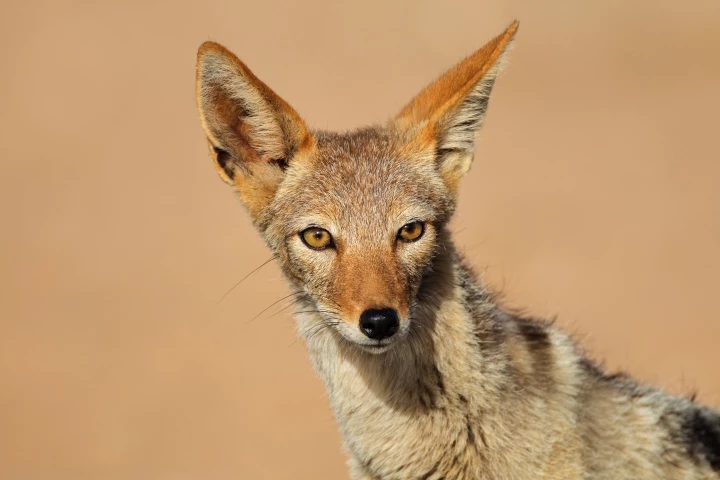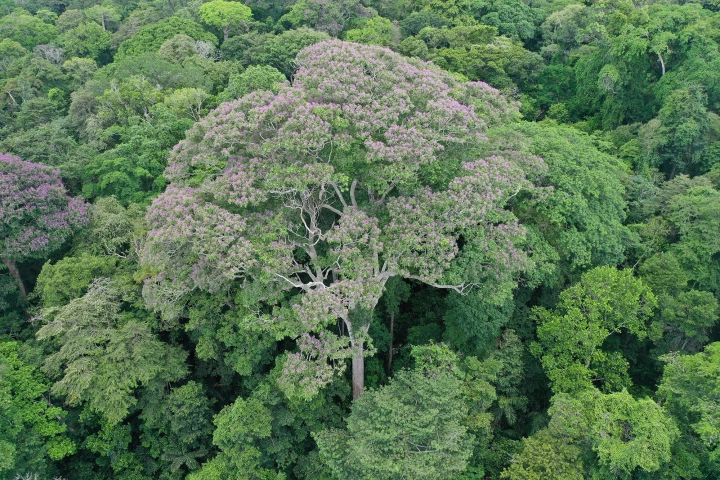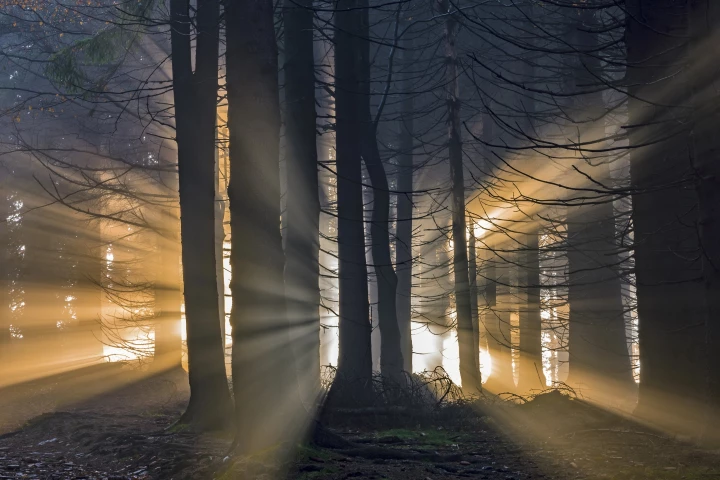Ecosystem
-
More than a third of large animals that feast on dead animals are struggling to survive, and a new report from scientists warns that their downfall could present a serious risk to human life, with an uptick in zoonotic disease spread as a result.
-
Each year lightning kills hundreds of millions of trees worldwide, leaving behind scorched trunks and shattered branches, but one species of tropical tree in Panama has turned this destructive force of nature to their advantage.
-
Remarkable research has unlocked new understanding of the mysterious ways trees communicate and share knowledge – and much like in the animal kingdom, the wisdom of age plays a key role. In fact, you may never look at a tree in the same way again.
-
Scientists have charted how dinosaurs rose to prominence using a pretty unconventional method. They studied, in dirty detail, hundreds of samples of fossilized poop and vomit.
-
Pythons have famously cartoonish eating habits, and they might be even better at it than we thought. A new study has found that Burmese pythons can eat even larger prey than was thought mathematically possible.
-
This serene gap between Pyrenees mountains becomes abuzz with flying insects each year, as they journey across Europe. We may not always like to live with them, but we can't live without them – so paths like this are critical for all life on Earth.
-
It almost sounds like a fairytale: a tiny ant dramatically impacting a giant lion. But thanks to a study that reveals just how interconnected all life forms really are, researchers have just figured out that it happened on the savannas of Africa.
-
In a twist on using animals as biological control, a method that in the past has often had disastrous outcomes for native wildlife, scientists have successfully trained native bush rats to actively seek out a new food source they’ve never seen before.
-
A new study analyzing 20 years of data has found that our oceans have changed color, indicating a significant shift in marine ecosystems that is not due to natural variation. Researchers say it's likely due to human-caused climate change.
-
Drug lord Pablo Escobar may be long gone, however he’s still wreaking havoc on his native Colombia thanks to his escaped hippos. Scientists have now discovered there are twice as many as previously thought, and they don't know what to do about it.
-
Want to play a part in the survival of bumblebees? Cater for them! A new study has revealed which plants these VIPs (very important pollinators) make a beeline for, so you can grow their favorite flora and help these fuzzy fussy eaters thrive.
-
Mosses are one of the planet's most common – and undervalued – plants. A new study has finally given moss the recognition it deserves, highlighting its importance in maintaining Earth’s ecosystems and its potential for reducing our carbon footprint.
Load More











